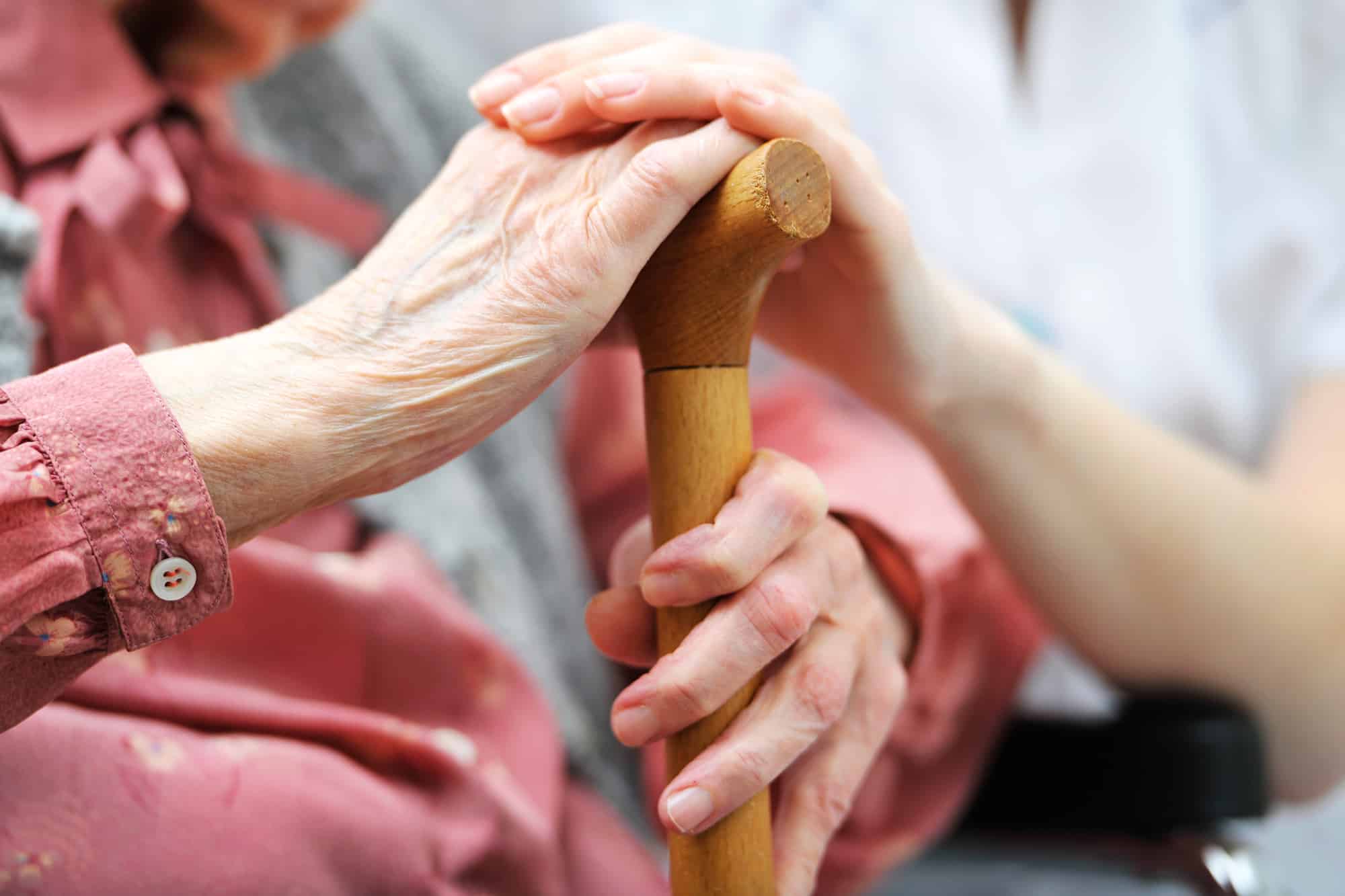Trick Factors To Consider for Households When Selecting Appropriate Senior Treatment Solutions for Their Aging Family Members
Choosing appropriate senior care options for aging family members is a nuanced process that requires mindful consideration of multiple elements. Families should begin by assessing the special needs of their loved ones, thinking about case histories, psychological well-being, and individual preferences. The analysis of readily available treatment optionsâEUR" ranging from in-home aid to specialized facilitiesâEUR" must be stabilized with an understanding of economic implications and safety problems. As families navigate these complex options, the duty of open communication and collaboration can not be overemphasized, yet lots of ignore vital components that could substantially influence the end result.
Assessing Individual Needs

Additionally, psychological and social demands play a significant role in the well-being of seniors. An analysis should take into consideration the individual's desire for social involvement, hobbies, and support group. Family characteristics and the accessibility of informal caretakers need to also be factored into the equation, as they can affect the sort of care that is most ideal.
Examining Treatment Options

At home treatment supplies the advantage of acquainted surroundings and individualized focus, which can improve convenience and emotional health. Alternatively, assisted living facilities use a structured atmosphere with access to on-site healthcare and social tasks, fostering community involvement. Assisted living facility satisfy those calling for intensive clinical supervision, while adult daycare programs enable seniors to involve in social activities throughout the day, offering break for family caretakers.
It is vital to assess the personnel qualifications, center licensing, and offered services in each choice. Furthermore, families need to seek comments from existing citizens or customers and examine the total online reputation of the treatment service providers. Inevitably, picking the appropriate treatment option is a pivotal choice that needs to mirror a balance in between the elderly's needs, security, and high quality of life.
Recognizing Expenses and Budget
Browsing the economic landscape of elderly care can be complicated, as numerous alternatives featured varying expenses that can substantially influence a household's budget plan. Recognizing these expenses is vital for households to make educated decisions pertaining to take care of their aging loved ones.
Typical elderly treatment solutions include in-home treatment, assisted living facilities, and retirement home, each with its very own pricing structure. In-home care generally charges by the hour, while assisted living commonly includes regular monthly rental fee plus additional service charge. Assisted living facility typically have higher charges because of the substantial treatment given. It is vital to think about not only the base prices but likewise any kind of surprise costs that might arise.
Moreover, households ought to assess their economic sources, consisting of insurance protection, government assistance programs, and personal cost savings. Long-term treatment insurance coverage may cover particular services, which can minimize some economic burdens. Developing a thorough spending plan that outlines anticipated expenditures can assist families identify one of the most suitable care remedy while guaranteeing they continue to be within their monetary explanation methods. By adequately recognizing the expenses connected with each choice, family members can much better navigate this important element of elderly care preparation.
Ensuring Safety And Security and Protection
Making sure the security and safety of seniors is extremely important in any type of treatment setting, as their susceptability commonly calls for increased attention and safety measures. Families need to examine the physical environment of prospective care facilities, trying to find features such as secure entries, well-lit corridors, and accessible fire escape. Additionally, the presence of safety and security equipment, such as grab bars and non-slip floor covering, can significantly minimize the danger of mishaps.
Personnel training is an additional important element; caretakers need to be fluent in emergency treatments, very first help, and the certain requirements of senior individuals. History examine personnel likewise ensure that residents are looked after by trustworthy individuals - home health care orlando florida. Technology can play a crucial role in boosting safety. Monitoring systems, individual emergency feedback systems (PERS), and drop detection tools give comfort for family members and immediate support for senior citizens.
Lastly, open communication channels in between families and care providers are essential. Routine updates pertaining to the health of seniors, together with a clear technique to care plans, can promote depend on and make certain that safety continues to be a central focus in the care supplied. By focusing on these variables, family members can make discover this informed choices that secure their aging relatives.
Involving Family Members in Decision-Making

Households should start by freely interacting concerning the different treatment services available, such as in-home care, assisted living, or nursing facilities. It is necessary to assess the certain requirements of the aging loved one, consisting of clinical needs, flexibility, recommended you read and social interaction. By involving all pertinent family members, various point of views and insights can be collected, leading to even more educated choices.
Additionally, family involvement aids in identifying potential caregivers and establishing an assistance network. Routine family meetings can help with recurring conversations and adaptations as needs transform, enabling family members to continue to be receptive to the progressing conditions of their enjoyed one. Eventually, a collaborative decision-making process urges a feeling of common obligation and makes sure that the chosen treatment remedy straightens with the family members's vision for their aging relative's wellness and self-respect.
Verdict
Finally, picking suitable senior treatment services necessitates a complete examination of specific demands, offered care alternatives, and associated costs. Prioritizing safety within the living setting and fostering household participation in decision-making processes additionally improves the effectiveness of treatment. By lining up care choices with the aging family member's case history, psychological requirements, and individual choices, families can create a supportive network that advertises well-being and sensible living for their loved ones in their later years.